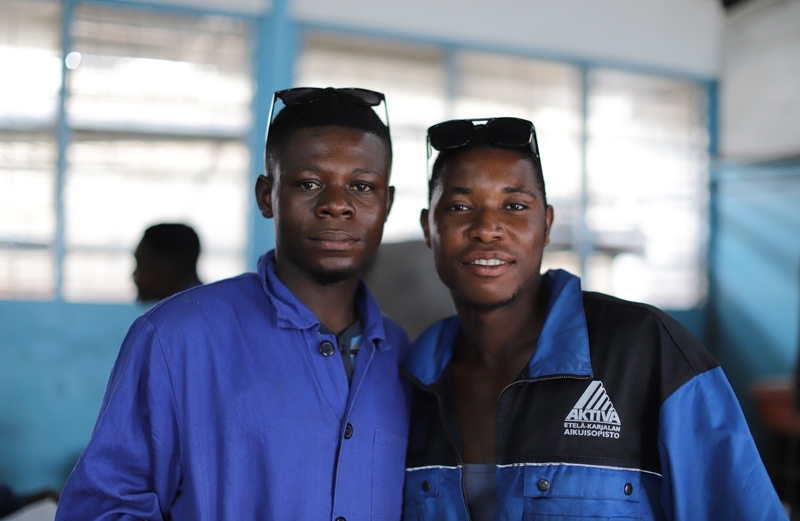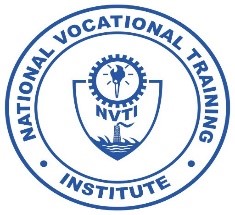Bridging the gap between Formal and Informal TVET


Institution: National Vocation Training Institute
The NVTI Pilot Training Institute opened in 1970 and was used to inform further development of other national training institutes. As part of the current TVET reform in Ghana, the Strategic Plan for TVET Transformation (2018-2022), which aims to formalise informal apprenticeships of master craftsmen. Informal apprenticeship tends to be the most dominant form of technical development for young people. , who represent 90% of all TVET in Ghana. The NVTI Pilot (together with other NVTIs and TVET institutions), aims at helping informal apprentices and master craftsmen to acquire new skills and certification. An informal apprenticeship usually takes three years and, lacks structure and do not follow any formal curricula. The quality of the training is primarily determined by the level of skills of the master craftsmen (practitioners in the field). Skills often taught by TVET Colleges related to safety issues or how to manage and organise revenue streams, tend not to be taught by Master craftsmen. For this reason, training master craftsmen and their apprentices in new technologies and practices of their trades are necessary. The NVTI Pilot offers courses in the fields of electronics, mechanical engineering, ICT, construction, carpentry and joinery, and general electricals.
The NVTI seeks to upskill the informal TVET sector through training both students in the formal and informal TVET. The training institute trains the master craftsmen and their apprentices; this is more efficient than training only the apprentices, as one master craftsman can have several apprentices at the same time. The master craftsmen are receiving training in areas such as financial management and new technologies in their trade. The principal purpose of this training is to give both the master craftsmen and apprentices theoretical knowledge, which compliments their practical training.
1. Mastercraftemen training
Topics of training: Safety, measurement, financial managment and an introduction to new training curricula developed by the trade associations and Council for Technical and Vocational Education and Training (COTVET).
Duration of training: Minimum of 3 months, maximum of 2 years depending on individual need.
Time spent in class and workshops: 8 hours weekly
2. Apprenticeship training
Topics of training: Soft skills, safety, financial management and langauge (english)
Duration of training: Minimun of 3 months, maximum of 2 years depending on individual need.
Time spent in class and workshops: 20 hours weekly
NVTI emphasizes the safety aspect as the trainees operate in industries (such as electronics) which are potentially dangerous. Training in finance equips the apprenticeships and craftsmen with skills to manage their finances; to calculate their costs and earnings.
-
The NVTI Pilot currently trains a total of 1000 students (both formal and informal students)
-
In 2018-2019, training master craftsmen and apprentices in:
-
Electronics (20 master craftsmen and 20 apprentices)
-
Welding (10 master craftsmen and 50 apprentices)
-
-
NVTI reaches master craftsmen through trade associations, and unfortunately, only a portion of the master craftsmen are members of their respective trade associations. Therefore, it remains a challenge to reach the majority of them and have them attend the programme.
-
Ghana has numerous local dialects; the lack of a basic proficiency level in English leads to difficulties in communication, more especially in teaching the students. English lessons are offered to address this challenge through.
MOVING FORWARD
-
Improved strategies to clarifying who the target group is and how to reach them.
-
For the future of the program, there is a need for an increase in funding to equip the institution with tools and equipment that mirror technological developments.
-
The NVTI Pilot is currently looking to create two new programs in mobile electronics and aluminum fabrication as these trades are in high demand within the industry.
